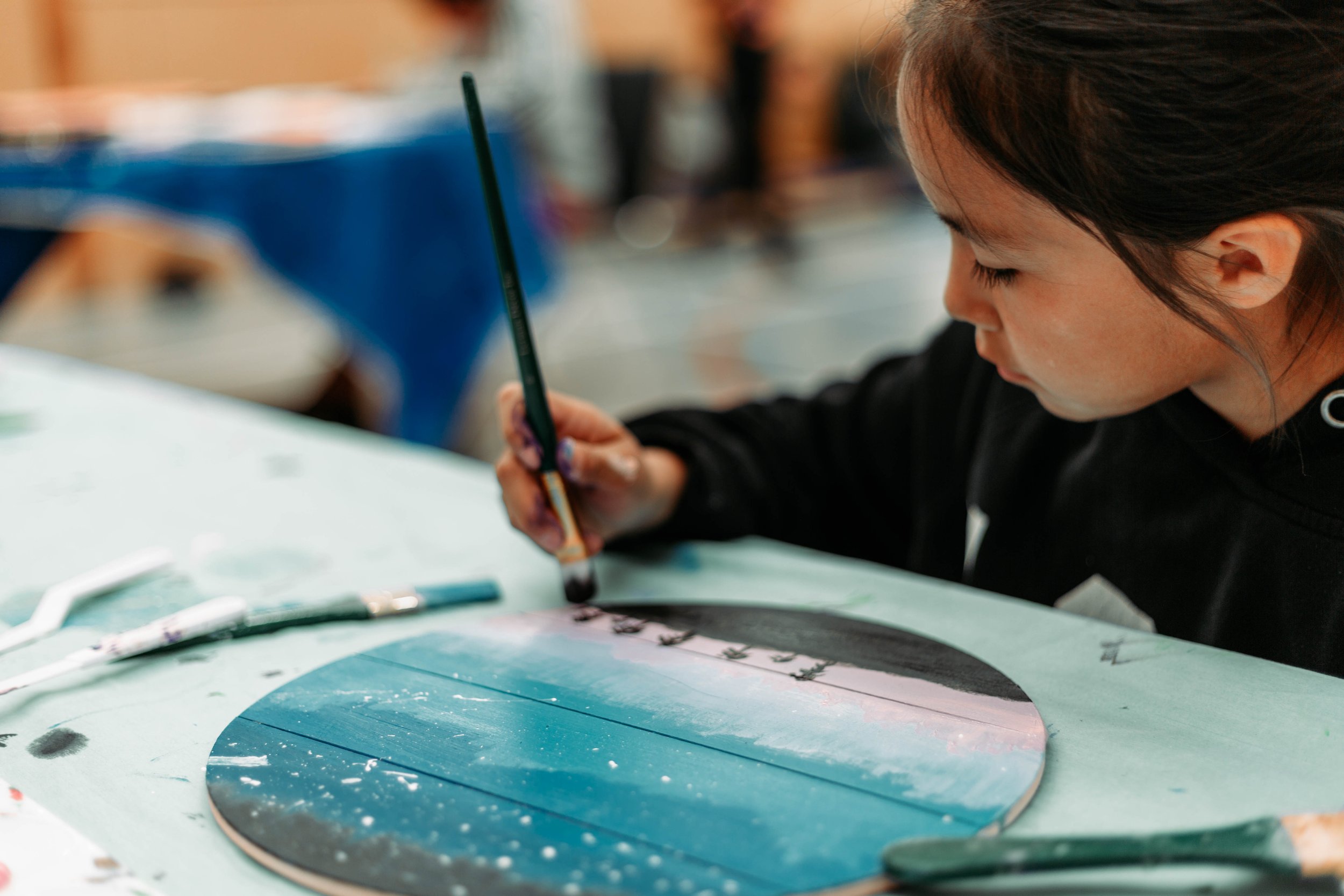
Nänamyé: an online speaker series on mining in the Yukon
Nänamyé means hazard in Northern Tutchone. A hazard is any source of potential damage, harm or adverse health effects on something or someone. Like resource extraction on the health and wellbeing of land, animals, communities and the climate. This speaker series aims to address the socio-political & environmental hazards associated with resource extraction and highlight the many efforts that Nations, academics, conservationists and communities are making to protect the land and counter the climate crisis.

“Regenerating Indigenous Governance: Theories in Hide Tanning” with Mandee McDonald
Mandee McDonald is a hide tanner, facilitator, and a PhD candidate in the Faculty of Native Studies at the University of Alberta where her work focuses on Indigenous governance and land-based learning. She is a co-founder and the Managing Director for Dene Nahjo, an Indigenous innovation collective that strives to foster Indigenous leadership skills and values through resurgence-based initiatives. Mandee is Maskîkow (Swampy Cree), originally from Mántéwisipihk (Churchill, MB), and has resided in Sòmba K’è (Yellowknife) for the past twenty years. Her writing has been published in Decolonization: Indigeneity and Education Society, Northern Public Affairs, and in Visions of the Heart: Issues Involving Indigenous Peoples in Canada 5th Edition.
“The Moose and Northern Tutchone Governance in the Making” with Lianne Marie Leda Charlie:
Over a six-week period in 2018, Lianne -- along with friends, family, and 30 Whitehorse-based community members -- made a life-size hot pink papier mâché bull moose out of the Umbrella Final Agreement, the framework that guides modern-treaty making in the Yukon. While the objective from the outset was simply to create the art piece, Lianne did not predict that making the moose would become a project in governance. What can art-making reveal about creating and sustaining alternative governance models that are rooted in Indigenous values and desires? This presentation will put a chapter from Lianne's dissertation into conversation with the community. Her work explores arts-based pedagogy, building Indigenous-centered spaces, facilitating settler responsibility, and re-creating ancestral governance models.

